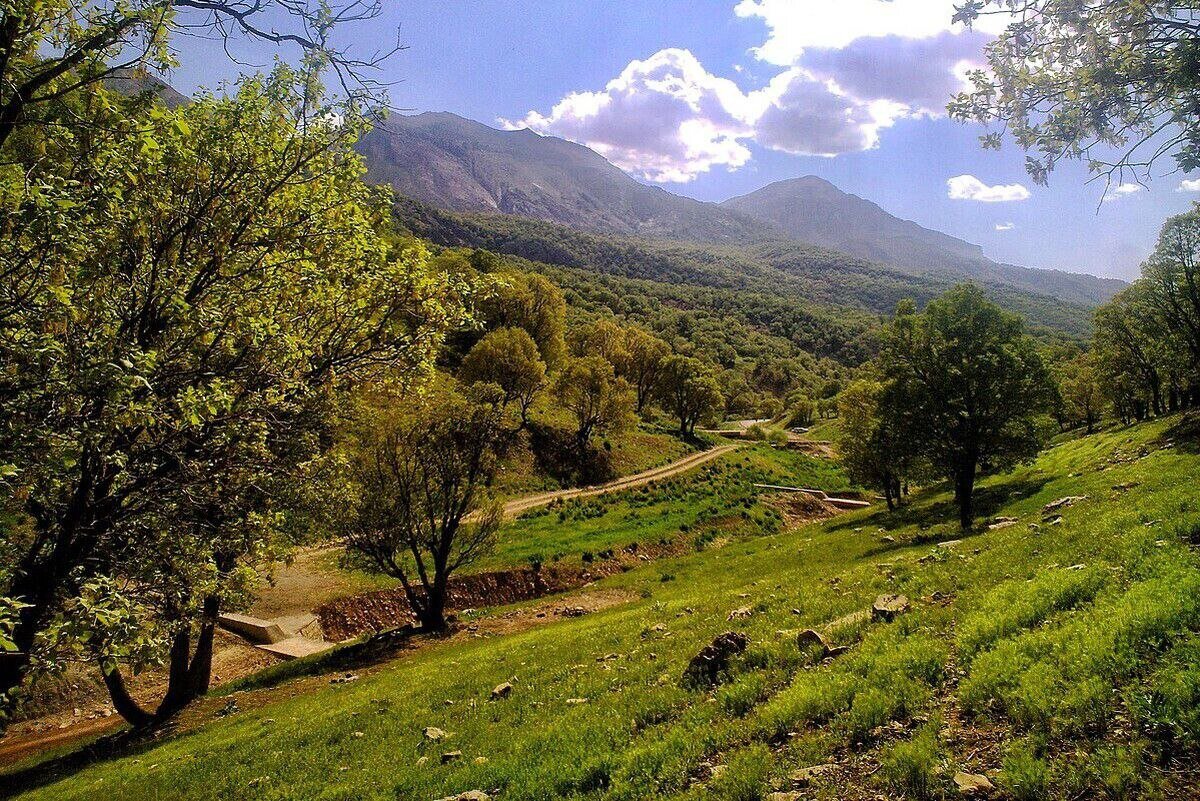
Similar Posts
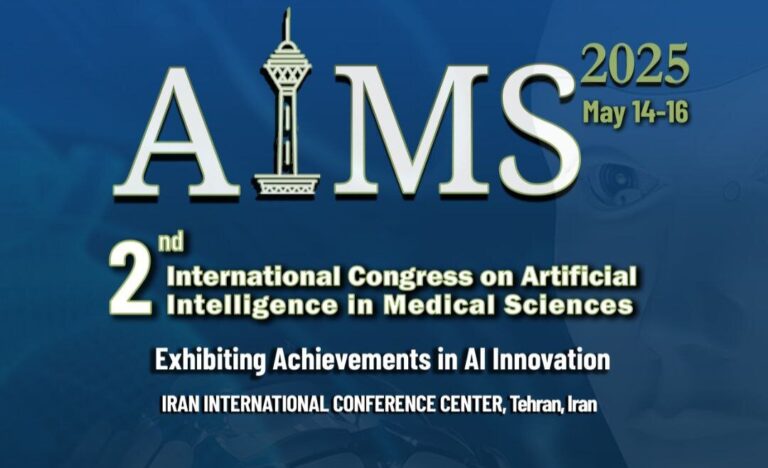
Unlocking Innovation: 2nd International Congress on AI in Medical Science Set for May!
The 2nd International Congress on Artificial Intelligence in Medical Science (AIMS) will be held in Tehran from May 14 to 16, focusing on AI’s role in healthcare. The event aims to foster collaboration among researchers, discussing advancements, challenges, and opportunities in AI applications for medical sciences, including personalized medicine and digital health. A preliminary event on AI in telehealth will occur on February 16, showcasing AI tools and trends. Additionally, a memorandum signed in January emphasizes using AI in medical treatment. The congress highlights AI’s potential to reduce healthcare costs and improve access, particularly in underserved areas.
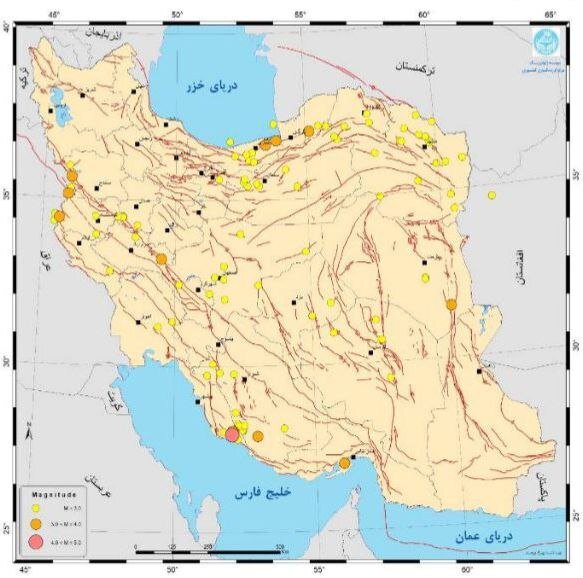
Over 100 Earthquakes Rattle Iran in Just One Week: What You Need to Know
In the fourth week of Bahman (February 8-14), Iran recorded 105 earthquakes, reflecting its ongoing seismic challenges, with 92 quakes below magnitude 3, 12 between 3 and 4, and 1 reaching 4. The notable quake occurred on February 10 in Kangavar. Khorasan Razavi reported the most activity at 17 quakes, while several provinces experienced none. Over the past year, Iran documented 6,949 earthquakes, predominantly in Khorasan Razavi and Kerman. Iran, accounting for 2% of global earthquakes, has seen over 6% of related fatalities, highlighting its vulnerability, especially in Tehran, a disaster-prone city with outdated infrastructure.

ICRC Steps Up to Provide Vital Relief Services for Families Affected by Shahid Rajaee Port Tragedy
A devastating explosion at Shahid Rajaee Port in Iran has resulted in 70 deaths and around 1,200 injuries, prompting an urgent response from the International Committee of the Red Cross (ICRC). Vincent Cassard expressed condolences to victims’ families and pledged support to the Iranian Red Crescent Society (IRCS) in relief efforts. Preliminary investigations revealed negligence in safety standards as a key cause of the explosion, alongside insufficient safety measures and misinformation. The ICRC emphasizes the need for enhanced safety protocols and collaboration among stakeholders to prevent future tragedies, highlighting the importance of humanitarian aid in crisis situations.
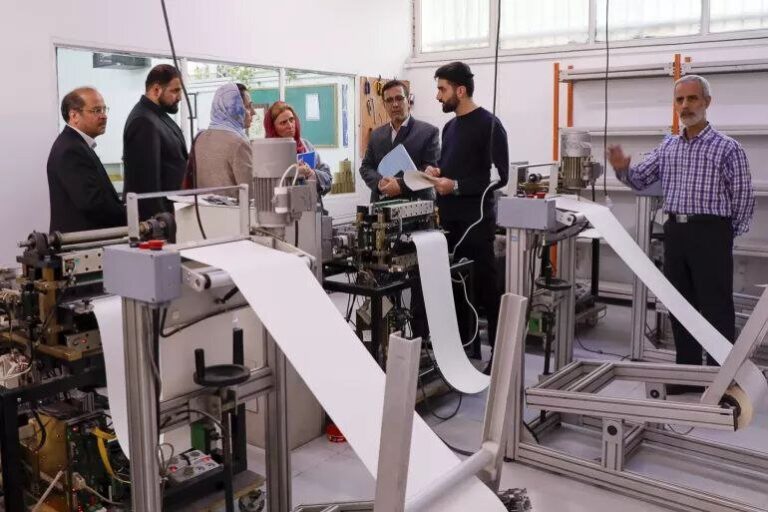
Revolutionary Braille Embosser Set to Empower Visually Impaired Students
UNICEF has enhanced educational opportunities for 7,145 children with visual disabilities in Iran by acquiring a Braillo 600 SR2 braille embosser, announced on February 4. This technology will produce essential braille materials for mainstream and special school students, addressing the need for accessible educational resources. The initiative aims to create equitable learning opportunities and is expected to benefit over 214,000 children over the next 30 years. Additionally, UNICEF is launching a campaign with Tejarat Bank to empower children with disabilities and promote their inclusion. They are also developing earthquake preparedness resources tailored for children with disabilities, ensuring a safer future for all.
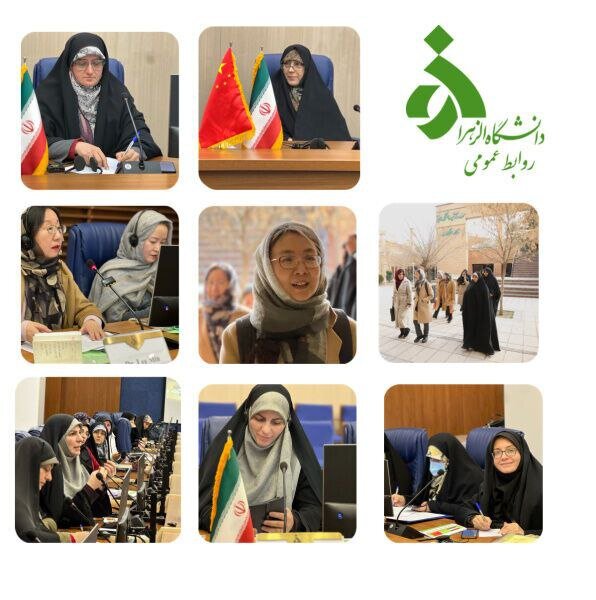
Tehran Welcomes Iran-China Dialogue: Empowering Women Through Scientific Collaboration
Female academicians from Iran and China met at Al-Zahra University in Tehran to discuss enhancing collaboration in science and technology. Led by Zahra Nazem-Bokaee, the meeting emphasized the potential contributions of women scholars. Initiatives proposed included establishing Technology and Innovation Centers, launching joint knowledge programs, and creating a Joint Development Fund to support female technologists. Despite advancements in gender equality, women still represent a minority in research and technology sectors. Recent statistics show an increase in female leadership roles in Iran’s knowledge-based companies. The ongoing dialogue aims to strengthen academic ties and drive innovation, benefiting both nations.
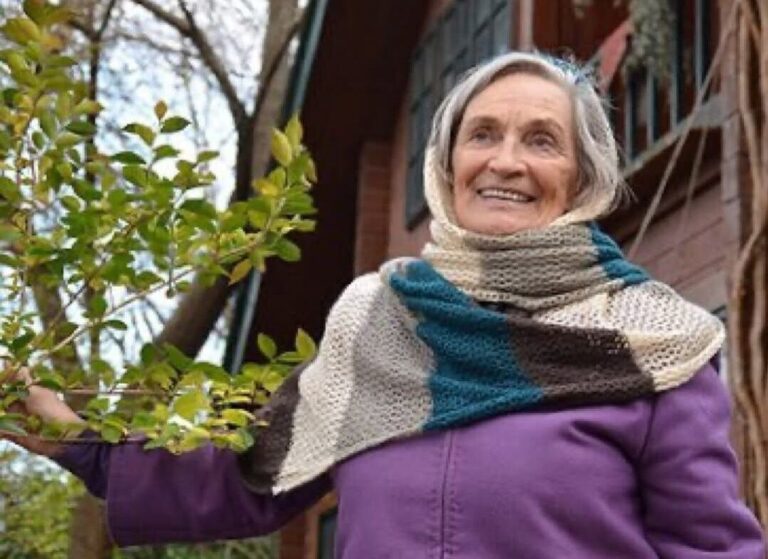
Introducing the Ellen Award: A Tribute to the Visionary Behind Siberian Crane Conservation
Iranian environmentalists are advocating for the establishment of an award honoring Finnish conservationist Ellen Vuosalo, known as the “mother of Siberian cranes,” for her significant contributions to wildlife preservation in Iran’s Mazandaran province. Over five decades, Vuosalo pioneered crane research and educated local communities on wildlife protection, emphasizing sustainable management of wetlands. Her efforts included forming the Mazandaran Crane Conservation Association and engaging with various universities. Vuosalo’s legacy, which challenges future conservationists to adapt to environmental changes, continues to inspire dedication to wildlife conservation. She passed away at 95, leaving behind a profound impact on biodiversity preservation.